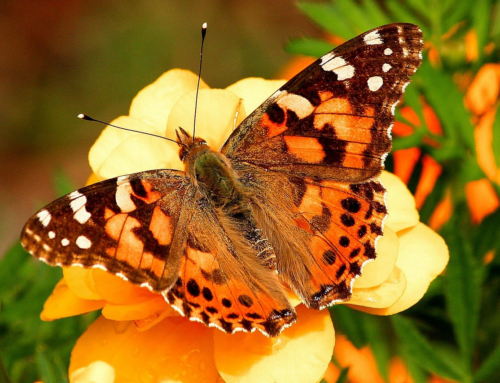‘Practice an attitude of gratitude’, is a common phrase we often hear. The dictionary meaning conveys it as a warm and friendly emotion awakened by a favor received. Since childhood we have been taught to say thank you, as the proper manner to automatically respond, when an act of kindness is shown.
We use the word when a pleasant, positive experience occurs. However, it is not our habit to think of gratitude when the perception of the situation is negative. As we evolve in consciousness, we move this paradigm to a new level. What if there is no good or bad, but just all experience, which is giving us another opportunity to learn. If we experience the experience, we are experiencing, as we experience it, moment to moment, then it is a situation, and we do our best to handle the problem, as it occurs. Then we are always grateful. Its expression is not an autopilot reaction, but a feeling from the heart and soul; a part of our beingness; we become gratitude, we live gratitude. There is a magnetic resonance that occurs, an energy that is felt and others notice.
Gratitude is directly tied to the acts of giving and receiving. As, Guruji states, “In every interaction there is an exchange.” What is the value or worth of that exchange? If our beingness is gratitude, and higher consciousness, we will place value on the exchange. If we take the exchange for granted, the interaction can be of less value, and we can even lose opportunities. We all have experienced this; our awareness is always being tested. The worth of humans and materialism is the value you place upon them, in friendships, business and the marketplace. How we value them is the worth and sacrifice we are willing to make for them.
I love Mr. Trivedi’s story about the poor farmer in India, who had the unpolished largest, most expensive, black diamond the Koh-I-Noor, in his humble home; and not having any idea of its value or worth, was using it for a doorstop. When he had to quickly vacate his house, he placed his sparse belongings in a cart, and left the unpolished rock by the door, leaving it for someone else to gratefully know its value, and realize its worth. The farmer thought the rock was of no value, to others it’s worth was priceless; a very unfortunate, missed opportunity.
Why does this happen? First, it is our perception, the way we perceive and place value on experiences that come into our lives. It is awareness and conditioning from family and society. For instance, one can place value on every human interaction; some call it networking. We never know where an introduction to a person may lead. That person we may have disregarded one day, we may find sitting behind a desk, giving us a job interview, another day. It may have been worth our while to have placed value on that introduction. Live in gratitude every moment and place value in every exchange. The worth could be priceless!





